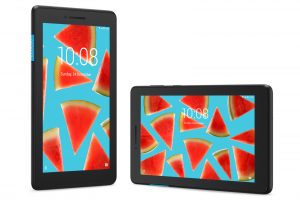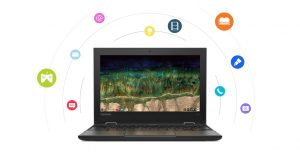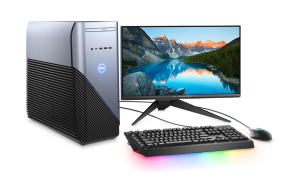It seems as though Google news never seizes. It is either news or controversy or news or controversy. To no surprise, a lot of this is surrounded by the anticipated Google Glass Project. Two bits of information came to my attention this week. The first being Glass's facial recognition ability and user privacy. This function would allow folks to snap a photo and ultimately archive information about that person, from their name to their interests. However, Google claims to be "playing it safe on this feature" currently, yet potential users have commented that facial recognition could help with the issue of "forgetting people's names". In addition to this, the first porn app was released for Glass, released by the Android App store. Just in time for users to visit the heck out of the site, Google is not allowing any explicit material to be used on the glass, including violence, gambling and hate speech. Because the project was titled "Tits and Glass", classy I know, I personally believe the thriving Android adult app store could have done a better job titling.
Kickstarter got an awesome kick this week! The latest 3D printer to hit the site ranked up over 700 thousand dollars in a matter of a week. Overly surpassing its goal of 100 thousand, the Buccaneer is a beautiful 3D printer from a Singapore based team, Pirate 3D. Based on Apple-like aesthetics and beauty, the printer is incredibly affordable, costing a little under 500 dollars. That is more than a deal, and seeing photos of the Buccaneer makes you want it even more. It can sit on your desktop looking sleek and is anything but bulky or tacky. It's architecture is quite different than contemporary printers. One attribute contributing to this is the manner in which the plastic spool is located in the center of the machine, almost hiding them. Also, it's print platform is set up to retract up into the box. Pirate3D claims a nice balance of speed and efficiency incorporated into their product, yet will soon be improving the print speed as well as other exciting future developments.
Another exciting innovation! The MindWalker is an exoskeleton that is controlled by a person's brain to allow them movement! Created for people who suffer from paralysis or locked-in syndrome, this robotic platform has been tested on patients over the past 8 weeks in a clinical trial. The exoskeleton itself holds the body weight of the patient and moves the legs when instructed. The virtual reality interface involves an EEG cap worn on the head, measuring electrical activity in the brain by electrodes attached to various points on the scalp. This is controlled by a pair of glasses with flickering diodes on each lens. The flashes are processed by the occipital cortex of the brain and the resulting measurements tell the exoskeleton to walk the patient accordingly. I find this fascinating. Truly, the MindWalker is close to self explanatory. Who knew paralyzed patients would be given a second chance at controlling their movements with their mind. Remarkable!

 Laptop & Tablet Parts
Laptop & Tablet Parts





















